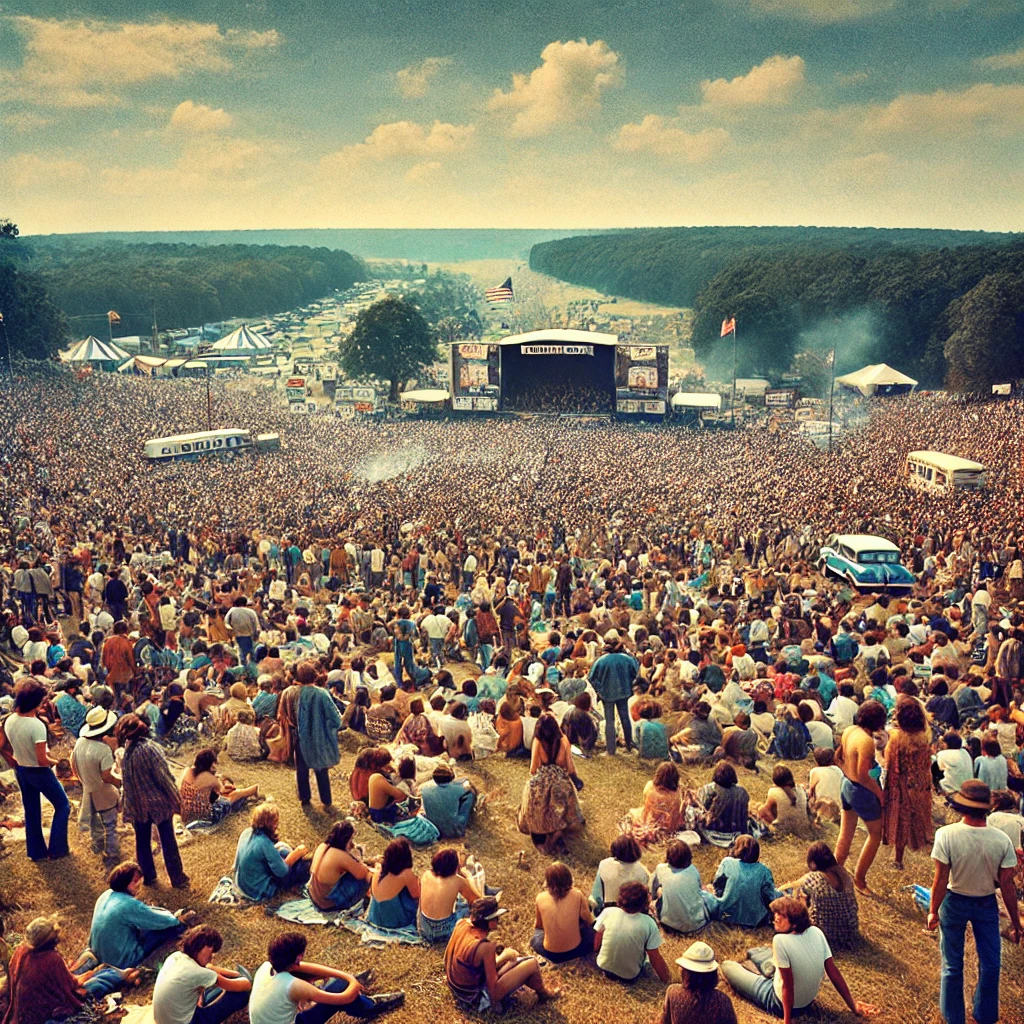Music festivals are not just about the music—they are a reflection of local traditions, cultures, and communities. Whether you’re dancing in the mud at Glastonbury or enjoying the scenic beauty of Fuji Rock, every festival has a distinct identity shaped by the culture in which it takes place. Let’s embark on a global journey to explore how some of the most famous festivals adapt to and celebrate their local surroundings.
Glastonbury (UK): The Muddy Pilgrimage
Arguably one of the most iconic festivals in the world, Glastonbury is as much about the experience as it is about the music. Held in the rolling countryside of Somerset, Glastonbury embraces the rugged, unpredictable British weather—and often, its legendary mud. The festival’s ethos is deeply rooted in hippie and environmental movements of the 1970s, with a continued focus on sustainability and community.
Beyond the headliners, Glastonbury offers an eclectic mix of art installations, street performances, and political activism. This festival is not just a music event; it’s a full-blown cultural experience with a strong sense of British heritage and eccentricity. Attendees often say that surviving the mud is part of the charm!
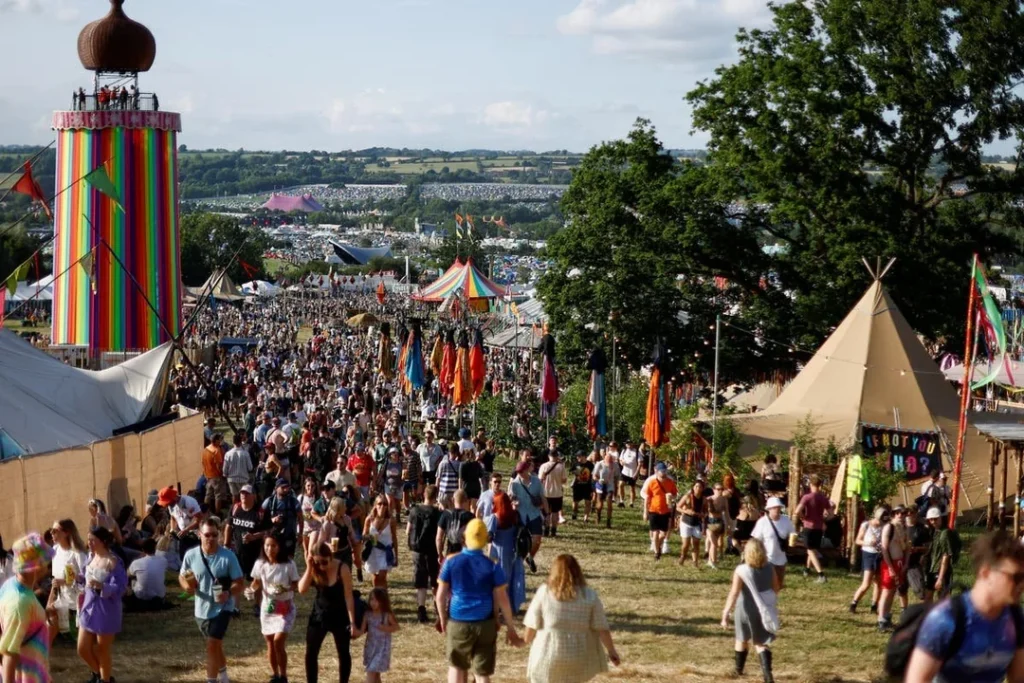
Fuji Rock (Japan): Nature and Tranquility
In contrast to Glastonbury’s chaotic atmosphere, Fuji Rock in Japan offers festival-goers a more serene experience. Held in the Naeba Ski Resort, surrounded by lush forests and mountains, Fuji Rock is renowned for blending music with nature. The festival encourages attendees to respect the environment, and the venue itself promotes a harmonious relationship between humans and the natural world.
Fuji Rock often reflects Japan’s deep cultural connection to nature, providing a tranquil setting for both international and Japanese artists. It’s not uncommon to see festival-goers calmly enjoying tea ceremonies or relaxing by rivers in between sets, a far cry from the bustling scenes at many Western festivals.
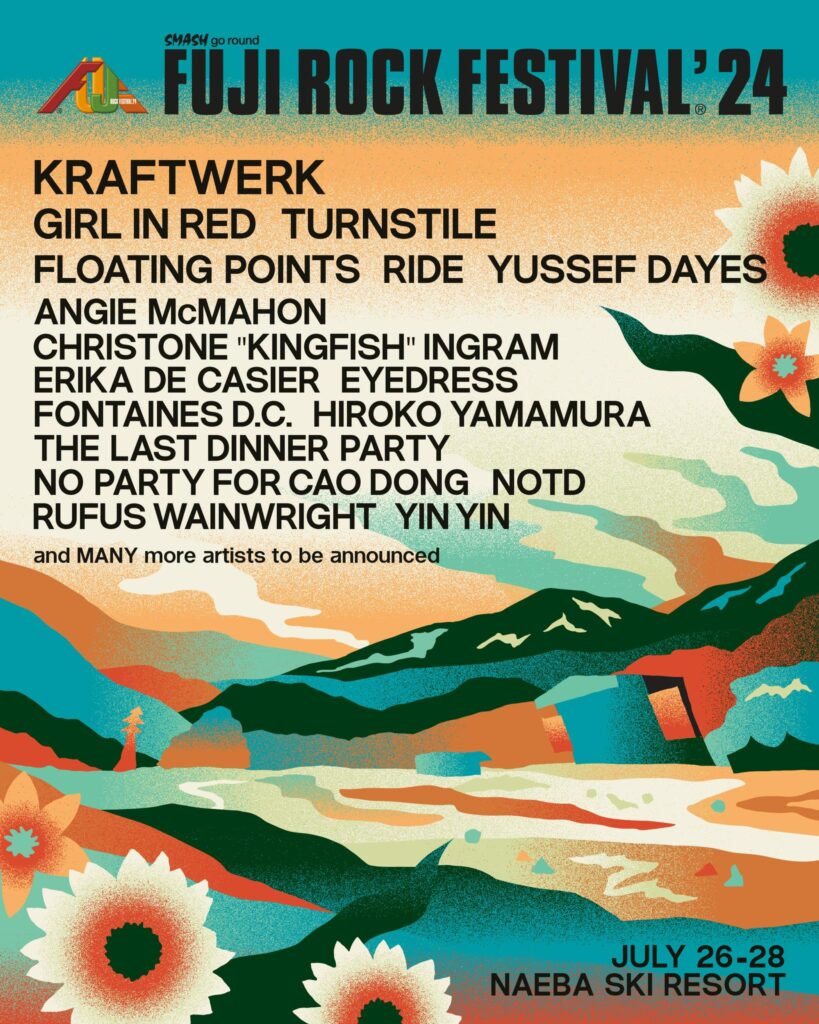

Burning Man (USA): Radical Self-Expression
Burning Man, held in the Black Rock Desert of Nevada, USA, is less of a traditional music festival and more of a large-scale art project combined with music. The festival is built on principles of radical self-expression and communal effort, where attendees are encouraged to contribute to the festival’s creation, from art installations to interactive performances.
The “leave no trace” policy reinforces the idea of respecting the environment, a central theme of Burning Man. The desert setting adds a surreal, otherworldly element to the experience, and attendees are encouraged to embrace the extreme conditions. Burning Man’s focus on art, community, and environmental consciousness gives it a unique identity that transcends conventional festival norms.
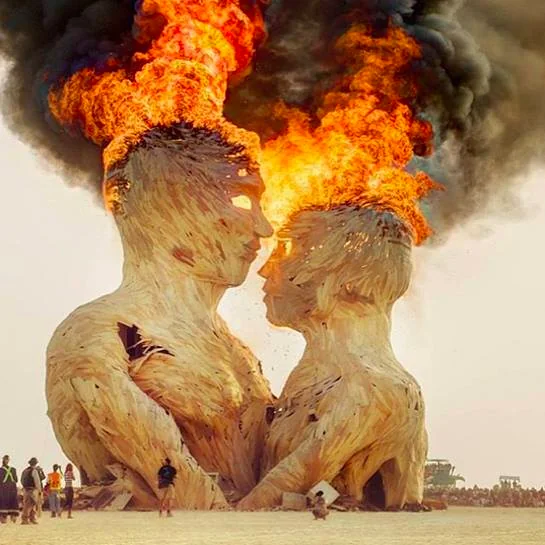

Tomorrowland (Belgium): A Fantasy Wonderland
Known as the mecca of electronic dance music (EDM), Tomorrowland in Belgium has become synonymous with fantasy, escapism, and jaw-dropping stage design. The festival’s theme changes every year, transforming the grounds into a magical world of fairy-tale castles, floating islands, and surreal light shows. The culture of Tomorrowland emphasizes unity, bringing people from over 200 countries together under the motto of “Live Today, Love Tomorrow, Unite Forever.”
Unlike some festivals that are deeply tied to local culture, Tomorrowland creates a global fantasy world that resonates with its international audience. While the festival takes place in Belgium, its cultural identity is less about the local environment and more about creating a shared experience for music lovers from around the world.
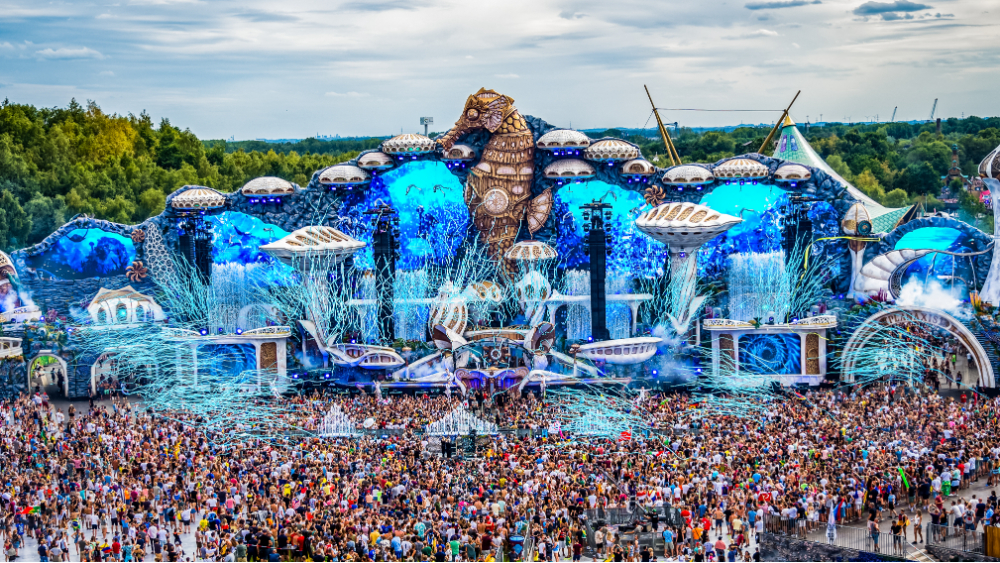

Festival au Désert (Mali): Music in the Sands of Time
Held in the remote Sahara Desert, Festival au Désert in Mali is a testament to the power of music in bringing people together, even in the most isolated places. This festival celebrates the music and culture of the Tuareg people, offering a rare opportunity for international attendees to experience traditional African music alongside modern genres.
Due to political unrest in the region, the festival has faced numerous challenges, but its spirit lives on. Festival au Désert highlights the resilience of cultural traditions and the ability of music to transcend borders, even in difficult circumstances. The unique desert setting and focus on indigenous music make it unlike any other festival in the world.
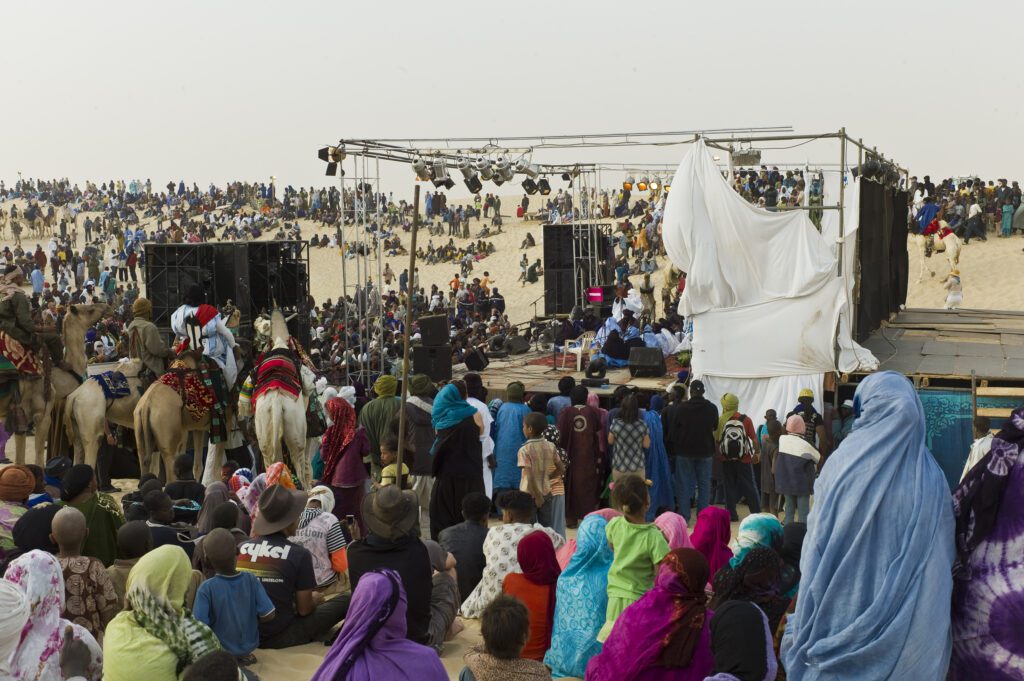

The Essence of Local Culture in Global Festivals
What makes these festivals truly special is their ability to adapt to and reflect their local cultures. Whether it’s Glastonbury’s muddy resilience, Fuji Rock’s connection with nature, or Burning Man’s radical self-expression, these festivals are shaped by the traditions and landscapes of their locations.
As music festivals continue to evolve, one thing remains clear: they are not just about the music, but about celebrating the unique identity of the place and people involved. From bustling cities to remote deserts, each festival offers a glimpse into the heart of its culture, bringing together people from all walks of life to celebrate through music.
Sources:



